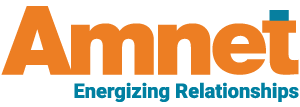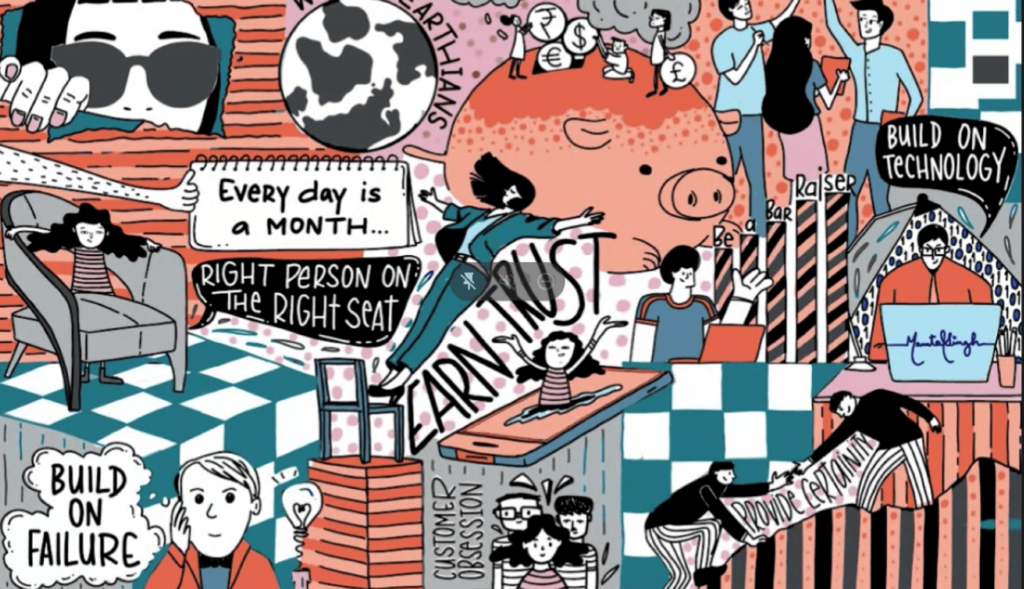Textbooks and course materials are just one of the additional expenses that college students struggle to cover. Data shows that the average student is spending between $1,200 and $1,500 annually on these resources. This financial strain forces tough choices. Thankfully, a powerful solution is emerging: inclusive access. This model delivers digital course materials directly to all enrolled students from day one, often at significantly lower prices.
Leading this charge in higher education publishing is Amnet, providing end-to-end digital publishing solutions that are both cost effective and ensure accessibility compliance for all students. Our expertise helps institutions reduce costs while guaranteeing students, regardless of their learning needs, the material they require to succeed.
The Growing Need for Affordable Course Materials
Numbers speak volumes. A staggering 65 percent of students report skipping purchasing the required textbooks because they simply can’t afford them. This directly impacts learning outcomes and student success. Further adding to this pressure is the looming “enrollment cliff” in 2025, where fewer students are expected to attend college, which compels institutions to reduce expenses.
Therefore, controlling costs, including textbook affordability, becomes paramount. Inclusive access directly addresses this crisis. By leveraging digital formats and bulk institutional licensing or subscriptions, it provides affordable course materials, digital textbooks, eLearning modules, and more to every student in a course, often costing 30–50 percent lesser than traditional print materials.
Accessibility as a Core Component of Inclusive Access
Inclusive access is more than just about pricing; it’s also about universal access. Accessibility compliance means meeting standards such as WCAG 2.1, the ADA, and Section 508, making digital course materials usable for students with visual, auditory, motor, or cognitive disabilities.
Amnet’s born-accessible content creation and remediation, backed by Benetech Global Certified Accessible certification, ensures accessibility from the start. We provide born-accessible content and also remediates existing content ensuring student accessibility isn’t just ethical; it’s a federal requirement, and Amnet makes compliance achievable within higher education publishing workflows.
Technology’s Role in Transforming Higher Education Publishing
Digital formats, like eBooks and interactive eLearning content, are reshaping higher education publishing with EdTech tools, ensuring access to course materials.
Amnet’s Unified Content Framework (UCF) and NextGen Construct Technology streamline content creation, management, and delivery ensuring a robust infrastructure for efficient journal and book publishing. Artificial intelligence and microservices enable smarter, personalized, and more cost-effective publishing of digital course materials.
How Amnet Drives Inclusive Access
Amnet’s expertise in higher education publishing includes editorial, production, accessibility, and technology. With 25 years of experience and more than 500 global clients, including Oxford University Press and Springer Publishing, Amnet reduces costs by up to 40 percent when it comes to high-quality, accessible eLearning content. This ensures that institutions receive the proper service 24-7.
Conclusion
The future of higher education publishing is affordable and accessible. Inclusive access, driven by digital publishing solutions and dedication to accessibility, is the way forward. Amnet offers the expertise, technology, and commitment needed to attain this vision.
Ready to explore how Amnet can help your institution achieve truly inclusive access? Contact us today at [email protected] to discuss tailored solutions.
Sources
- https://studentpirgs.org/2023/02/22/open-textbooks-report/.
- https://educationdata.org/average-cost-of-college-textbooks.



